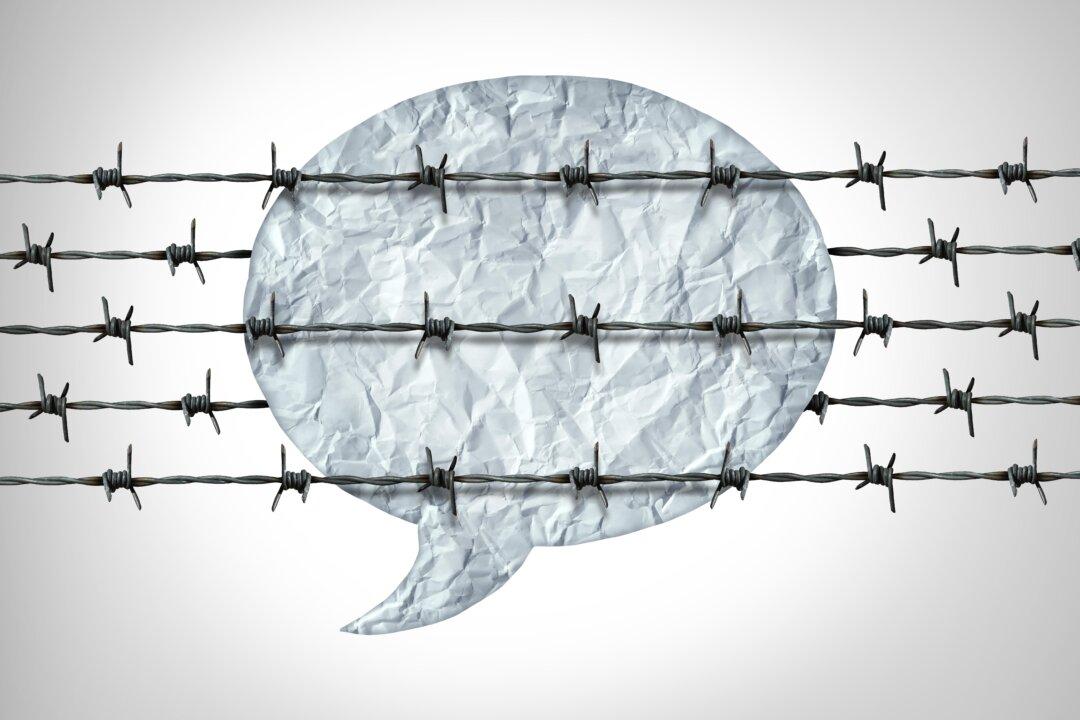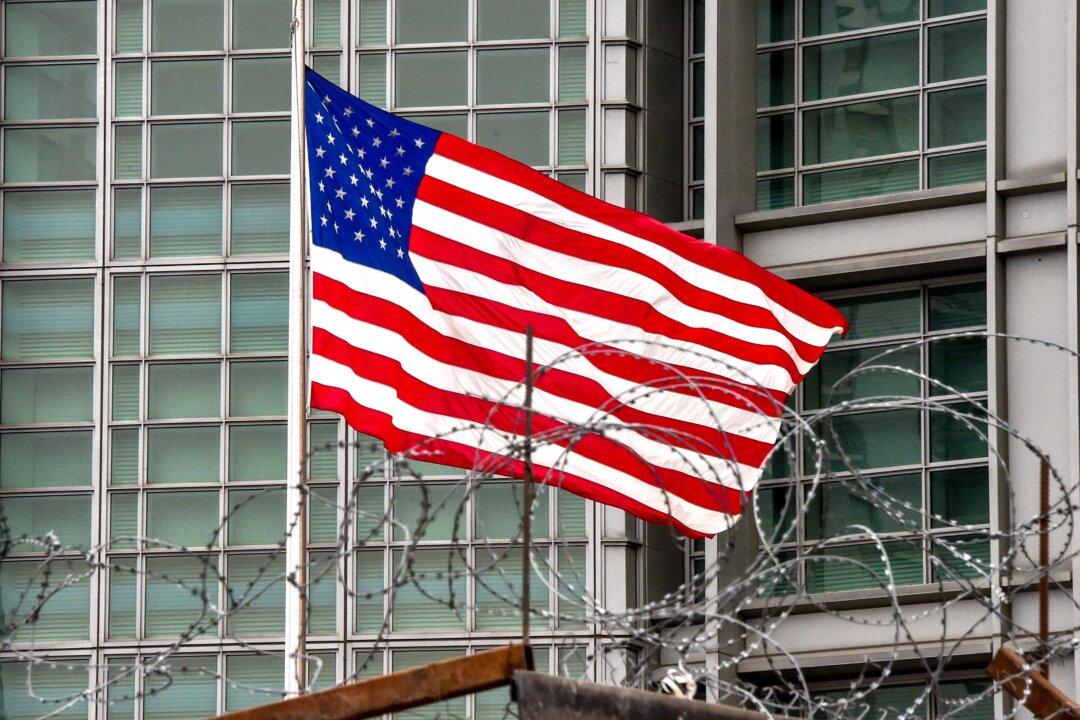Commentary
Governments, corporations, and elites have always been fearful of the power of a free press, because it is capable of exposing their lies, destroying their carefully crafted images, and undermining their authority. In recent years, alternative journalism has been growing and more people are relying on social media platforms as sources of news and information. In response, the corporate state, digital conglomerates, and the mainstream media have been increasingly supportive of the silencing and censoring of alternative media outlets and voices that challenge the official narrative on most issues.


